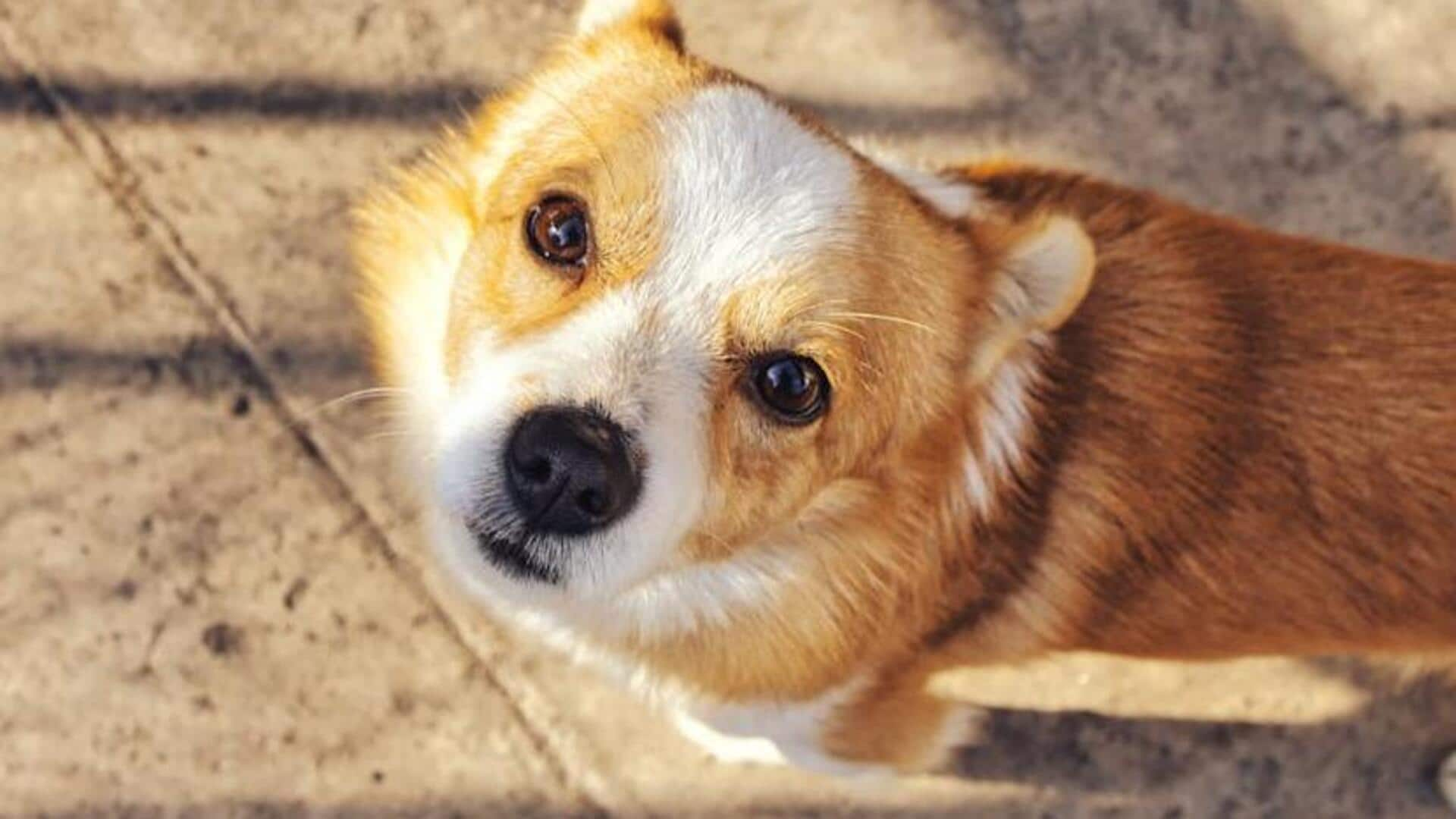
Welsh Corgi weight management plan
What's the story
Welsh Corgis, despite their adorable appearance and friendly disposition, need to be managed carefully when it comes to weight due to their unique body structure and high energy levels. An overweight Welsh Corgi can face severe health complications, including joint issues and heart disease. This article provides a comprehensive weight management guide for Welsh Corgis, focusing on diet, exercise, regular vet visits, and more, to keep them healthy and happy.
Diet
Balanced diet essentials
A proper diet is key for Welsh Corgis. High-quality dog food, high in proteins and low in fats, should be the staple. Avoid overfeeding; generally, an adult Welsh Corgi requires approximately three-quarters to one and a half cups of dry food daily, divided into two meals. Modify as per the dog's activity level and weight.
Exercise
Engaging exercise routines
Exercise is key to helping your Welsh Corgi maintain a healthy weight. They need a minimum of an hour of physical activity daily. This should involve more than just a walk around the block. Play fetch in the park or get them involved in agility training. These activities not only burn calories but also provide mental stimulation. This prevents boredom, which often leads to overeating in dogs.
Check-up
Regular health check-ups
Regular vet visits are crucial for keeping a close eye on your Welsh Corgi's health and weight. Vets can offer tailored guidance based on your dog's unique needs and pinpoint any hidden health concerns that might be causing weight gain. They can also suggest changes in diet or exercise if needed.
Labels
Understanding food labels
Decoding pet food labels is key to a healthy diet for your Welsh Corgi. Steer clear of fillers like corn or soy; these are high in calories but don't offer much nutrition. Keep an eye on the calorie count per serving to avoid overfeeding.
Consistency
The importance of consistency
The secret to keeping your Welsh Corgi at a healthy weight is consistency. Don't free-feed or give extra treats or human food as rewards—those extra calories can quickly add up! Instead, use healthy treats like carrot sticks or apple slices. They're low in calories and your dog will love them just as much.